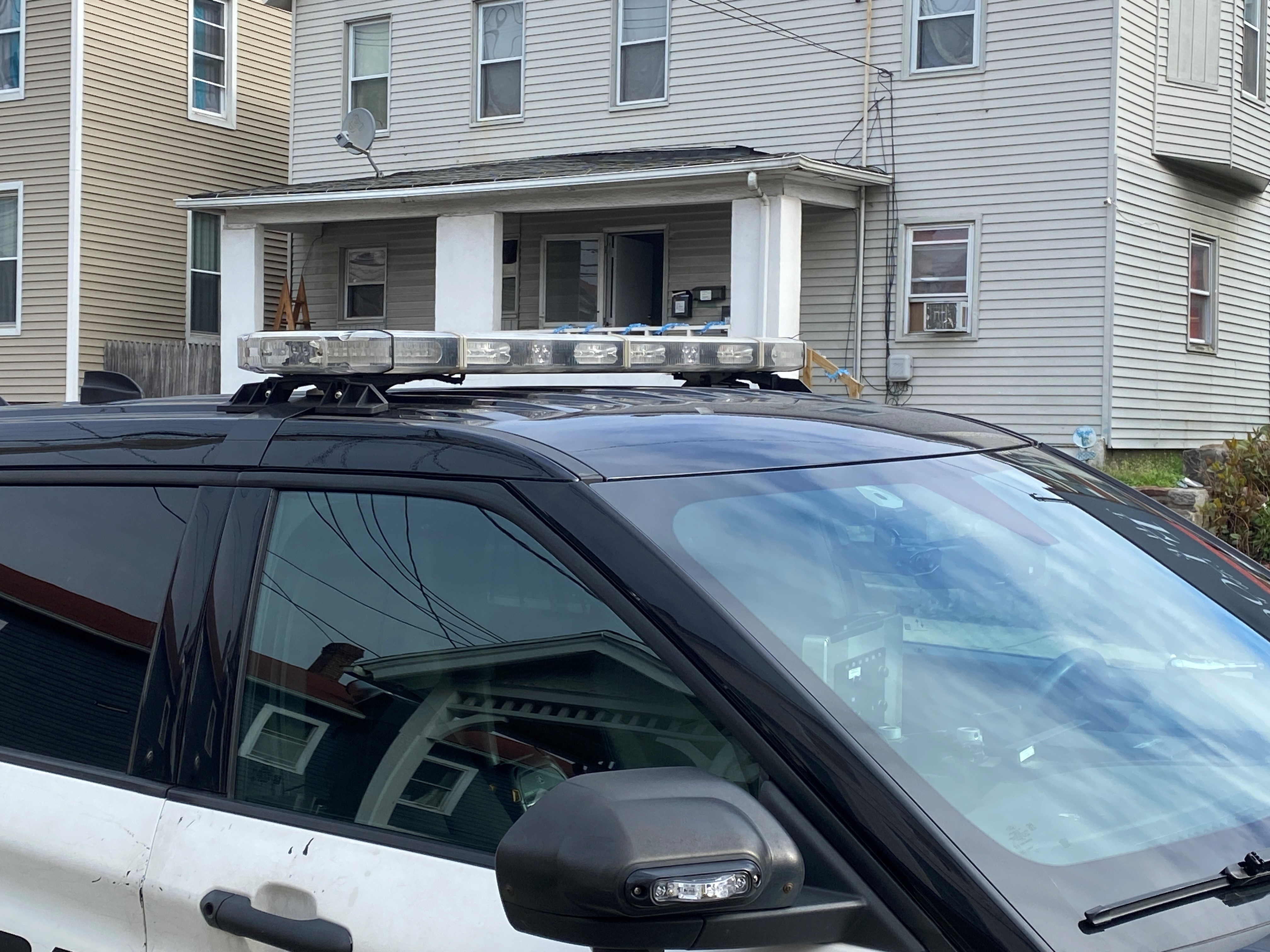After 123 days without one, the state of Connecticut has a budget.
Gov. Dannel Malloy Tuesday signed into the law the bipartisan budget agreement members of the General Assembly reached, but he vetoed appropriations in support of a new hospital tax proposal and said the budget is “by no means a perfect document.”
The budget includes reforms to strengthen Hartford and other cities and fully-funds state pensions, according to the governor’s office.
“After 123 days without a budget, it is time to sign this bipartisan bill into law and continue the steady and significant progress our state has made over the past several years,” Malloy said in a statement. “Connecticut’s families and businesses deserve to have a budget in place, one that provides a stable environment to live and work. While there are certainly many provisions of this budget I find problematic, there’s also a clear recognition of many of the fiscal priorities and concerns I’ve consistently articulated since January. I appreciate the work of the General Assembly in passing a budget to my desk that I can sign.”
Malloy’s office said there are provisions of this budget that the administration finds problematic, but, taken as a whole, the budget incorporates many of Malloy’s policy priorities, including creating a municipal accountability review board aimed at playing “a significant role in bringing the City of Hartford back from the brink of bankruptcy and providing the state the necessary tools to intervene early to restore fiscal stability to struggling towns and cities.”
Local
"The good news is that our towns and cities will finally have relief in the way of state aid and our much needed social services programs will continue,’’ House Republican Leader Themis Klarides said in a statement. “The bad news is the issues regarding our hospitals remain unresolved because of the Governor’s line item veto, and the House and Senate will have to address that.’’
“This budget truly meets the needs of our state by investing in our workforce, our students and our state colleges and universities, while providing cities, towns and boards of education with certainty and predictability. At the same time, this budget makes important systemic reforms that will result in significant long-term savings and pays down Connecticut’s pension liabilities," Senate President Pro Tempore Martin Looney (D-New Haven) said in a statement.
The budget restores much of the higher education funding that was cut for UConn and the Connecticut State Colleges and Universities system, includes a constitutional spending cap, municipal mandate relief, and required votes on all collective bargaining agreements by the legislature.
The budget adopts changes to the Estate Tax and Insurance Premium Tax and supports an initiative to assist residents with crumbling foundations.
“While this may be a step in the right direction, make no mistake about it – this is by no means a perfect document and it is not one I would have negotiated,” Malloy said in a statement. “There are real legal and structural issues with the budget presented to me, and I have concerns about the state’s ability to keep it in balance over the biennium and beyond. That’s why, along with my signature, I am also line-item vetoing a component of the budget relating to the supplemental payments to hospitals that would leave Connecticut taxpayers exposed to legal challenges and a potential $1 billion budget shortfall per year. I strongly urge my colleagues in the General Assembly to convene as soon as possible to pass a legal alternative to the illegal hospital tax and troublesome supplemental payment and rate language presented in the bill.”



